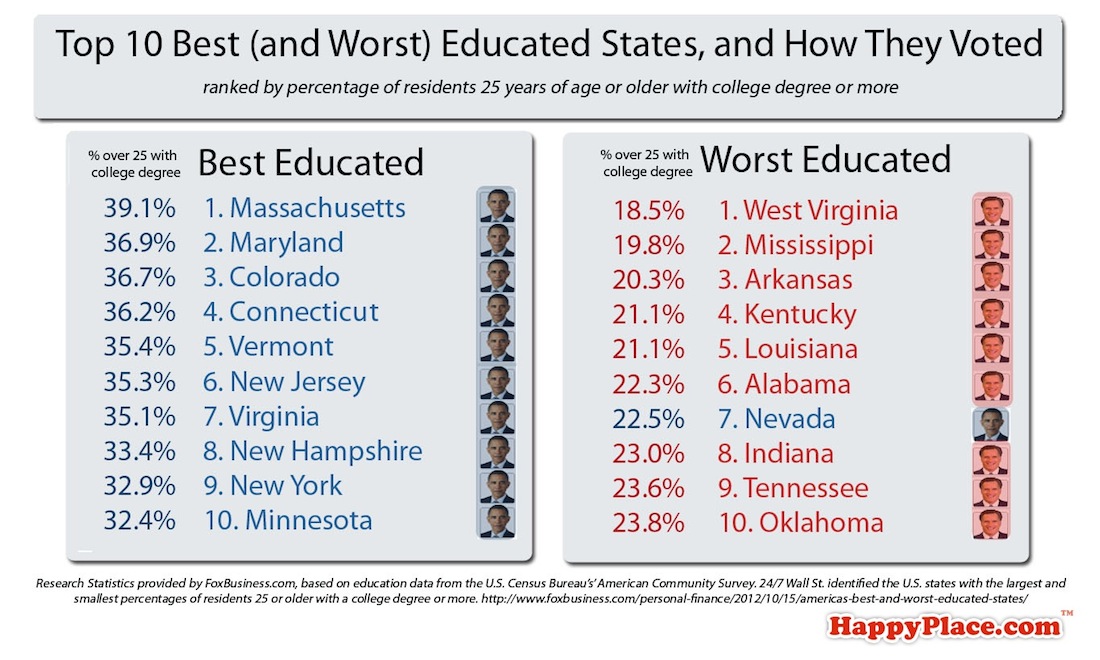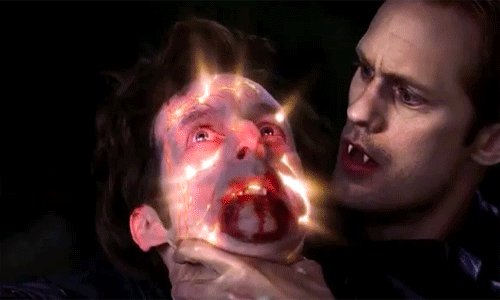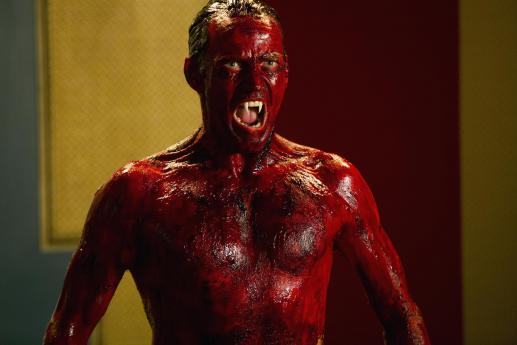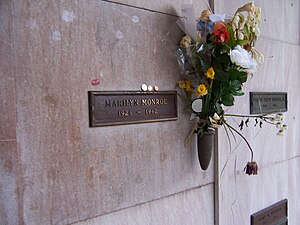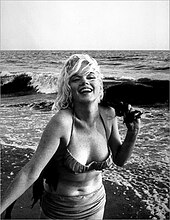ODTÜ’deki polis şiddeti yerine öğrencilerin protestosunu kınayan çok sayıda üniversite rektörünün geçmişleri, iktidar ile ilişkilerini gözler önüne seriyor
ONUR EREM İstanbul Sabahattin Zaim Üniversitesi:
Üniversite rektörü Adem Esen, geçmişte AKP Konya Selçuklu Belediye Başkanı olmuştu. Belediye başkanlığı döneminde Selçuklu Belediyesi, durduğu yerde çöken Zümrüt Sitesi’nde 92 kişinin hayatını kaybetmesinin ardından açılan davada mahkum olmuş, belediye cezayı ödemeyince belediyenin banka hesabı ve gayrimenkullerine haciz konulmuştu. Adem Esen, faciada ölenlerin arkasından menfaatperestlik yapıldığını ifade etmişti. İçişleri Bakanlığı ise Adem Esen’in hakkında soruşturma izni vermemişti.
Marmara Üniversitesi:
Rektörlük seçimlerinde birinci olan Necla Pur’un yerine, üçüncü sırada yer alan ve AKP’ye yakınlığıyla bilinen Zafer Gül atandı. Pur’un 482 oyuna karşılık Gül’ün 302 oyu bulunuyordu.
İstanbul Teknik Üniversitesi:
Rektörülük seçimlerinde 458 oyla birinci olan Muhammed Şahin’in arkasından 317 oyla ikinci olan Mehmet Karaca 6 Temmuz 2012’de rektör olarak atandı. Karaca, rektörlüğe gelir gelmez YÖK’ün yasal bağlayıcılığı olmayan bir tavsiye mektubunu uygulamaya sokarak 50d kadrosunda çalışan asistanları işten çıkarmaya başladı, İTÜ’de büyük protestolara yol açtı.
Yıldız Teknik Üniversitesi:
Rektörülük seçimlerinde oyların yüzde 81’ini aldıktan sonra rektör olarak atanan İsmail Yüksek 6 Ekim 2012’de Recep Tayyip Erdoğan’a fahri doktora unvanı verdi ve ”Eğitim ücretini kaldıran değerli Başbakanımıza teşekkürler” yazan ”T Cetveli” hediye etti. Yüksek, ODTÜ olaylarına dair açıklamalarına “içtenlikle mi imza attınız?” diye soran bir kişiye twitter üzerinden “emir mi cevap istiyorum vermiyorum ne yaparsın molotof mu atarsın lastik mi yakarsın” diye cevap vermişti.
Galatasaray Üniversitesi:
Galatasaray Üniversitesi Rektörü Ethem Tolga, Sebahat Tuncel’in katılacağı gerekçesiyle Cinsiyet Eşitliğinin İnşası konferansını iptal etmişti. Tolga’nın döneminde kampüs içinde reklam panoları yerleştirilmesi ve kampüs girişlerine turnikeler koyulması öğrencilerin tepkisi çekmişti.
İstanbul Üniversitesi:
İstanbul Üniversitesi Rektörü Yunus Söylet 2008 yılındaki rektörlük seçimlerinde ikinci olmasına rağmen rektör olarak atandı. Recep Tayyip Erdoğan’ın aile doktoru olduğu ifade edilen Söylet, 2009 yılında Erdoğan’a fahri doktora unvanı vermişti. 2011 yılında İÜ rektörlüğü, Fatih ilçesi sınırlarında yer alan tüm binalarında polisin herkesin üstünü arayabilmesi için mahkemeden karar çıkarttığı karara dava açan ve üstlerini aratmayan öğrenciler hakkında soruşturma başlatmıştı. Söylet döneminde Öğrenci Kültür Merkezi kapatıldı, İÜ’de basın açıklaması yaptığı, slogan attığı gerekçesiyle onlarca öğrenciye soruşturma açıldı, sadece 2009 yılında 54 öğrenci 14 yıl 9 ay uzaklaştırma cezası aldı. Söylet twitter üzerinden “Öğrenci hareketlerini örgütlemek ve bunlara çanak tutmak aşağılık bir durum” mesajı yayınlamıştı.
Bingöl Üniversitesi:
2007 yılında açılan Bingöl Üniversitesi’nin Rektörü Gıyasettin Baydaş’ın oğlu ve kızı başta olmak üzere 5 akrabasının üniversitede akademisyen olması dikkat çekiyor. Bu isimler arasında Buhanettin Baydaş, Abdulvahap Baydaş, Mahmut Baydaş, Zeynep Baydaş Tuzcu ve Fatma Baydaş Caf yer alıyor. Bingöl Üniversitesi Baydaş döneminde Said-i Nursi’nin kitaplarıyla “evrim teorisini çürüten” evrim karşıtı Adem Tatlı’nın konuşmacı olarak katıldığı “Bilimin Işığında Evrim” konferansı düzenlemesiyle gündeme gelmişti.
Hacettepe Üniversitesi:
2011 yılındaki rektörlük seçimlerinde 657 oyla birinci olan Uğur Erdener’in ardından 501 oyla ikinci olan Murat Tuncer rektörlüğe atanmıştı. Tuncer, Dilovası’ndaki endüstriyel kirliliğin yol açtığı kanser vakalarıyla ilgili araştırma yapan Prof. Onur Hamzaoğlu’nu YÖK’e şikayet etmiş ve hakkında soruşturma açılmasına neden olmuştu. Bir “bilim insanı” olan Tuncer’in “Kızıma cinsel yolla bulaşan ve rahim ağzı kanserine yol açan bir hastalık olan HPV’den korunması için aşı yaptırmam. Aşı yaptırmam, gelecekteki damadıma şimdiden güvenmediğim anlamına gelir” açıklaması, doktorlardan büyük tepki toplamıştı.
Abant İzzet Baysal Üniversitesi:
2010’da yapılan rektörlük seçimlerinde Atilla Kılıç’ın 171 oyla birinci olmasına rağmen 129 oy alan Hayri Coşkun rektörlüğe atanmıştı. Coşkun’un profesörlüğe yükseltilmesi ile ilgili usulsüzlük tespit edilmiş ve idari soruşturmanın daha sonuçlanmamış olmasına rağmen Abdullah Gül, Coşkun’u rektörlüğe layık görmüştü.
Uşak Üniversitesi:
Üniversitede 2011 yılında yapılan seçim sonucunda en çok oyu Prof. Adnan Şişman alırken, Abdullah Gül seçimi 40 oyla ikinci sırada tamamlayan Sait Çelik’i rektör olarak atamıştı. Çelik’in AKP ile yakın ilişkileri olduğu söyleniyor.
Recep Tayyip Erdoğan Üniversitesi:
Rize Üniversitesi adıyla 2011’de rektörlük seçimine giden üniversitede Prof. Arif Yılmaz 176 oy alarak birinci seçilmiş, ardından üniversitenin adı Recep Tayyip Erdoğan Üniversitesi olarak değiştirilmişti. Arif Yılmaz Kasım 2012’de Recep Tayyip Erdoğan’a fahri doktora unvanı vermişti.
Süleyman Demirel Üniversitesi:
Cemaate yakın olduğu ifade edilen Rektör Hasan İbicioğlu öğrencilere “okulda siyaset istemiyorum” demesiyle kendinden söz ettirmişti. 215 bin liraya Audi A6 makam arabası almasını eleştirenlere ise “Bazı üniversitelerin makam araçlarının fotoğraflarını gördüm, ‘ben zenci miyim kardeşim, ben neden almayayım’ dedim. Güvenli olmak zorundayız. Ben bu araçların en lüksünü alacağım” diye cevap vermişti.
Rektörleri veya senatoları tarafından ODTÜ’deki öğrencileri kınayan üniversiteler:
- Abant İzzet Baysal Üniversitesi
- Afyon Kocatepe Üniversitesi
- Ağrı İbrahim Çeçen Üniversitesi
- Atatürk Üniversitesi
- Bingöl Üniversitesi
- Bitlis Eren Üniversitesi
- Çanakkale Üniversitesi
- Eskişehir Osmangazi Üniversitesi
- Fatih Sultan Mehmet Üniversitesi
- Galatasaray Üniversitesi
- Hacettepe Üniversitesi
- İstanbul Sabahattin Zaim Üniversitesi
- İstanbul Teknik Üniversitesi
- İstanbul Üniversitesi
- Kafkas Üniversitesi
- Karadeniz Teknik Üniversitesi
- Kırklareli Üniversitesi
- Mardin Artuklu Üniversitesi
- Marmara Üniversitesi
- Mimar Sinan Üniversitesi
- Muş Alparslan Üniversitesi
- Namık Kemal Üniversitesi
- Necmettin Erbakan Üniversitesi
- Recep Tayyip Erdoğan Üniversitesi
- Sakarya Üniversitesi
- Süleyman Demirel Üniversitesi
- Türk Hava Kurumu Üniversitesi
- Trakya Üniversitesi
- Uşak Üniversitesi
- Yıldız Teknik Üniversitesi
- Bursa Teknik Üniversitesi Öğrenci Konseyi Başkanı Fatime Zehra Köse
- Fatih Üniversitesi Öğrenci Konseyi Başkanı Mehmet Emre Polat,
- İstanbul Şehir Üniversitesi Öğrenci Birliği,
- Kayseri Erciyes Üniversitesi Öğrenci Konseyi Başkanı Aysen Tarcan,
- Maltepe Üniversitesi Öğrenci Konseyi
- Mersin Üniversitesi Öğrenci Konseyi Başkanı Harun Uzun
- Süleyman Demirel Üniversitesi Öğrenci Konsey Başkanı Feyzullah Tecirli,
- Yıldırım Beyazıt Üniversitesi Öğrenci Konseyi Başkanı Enes Güneş
- Fatih Üniversitesi
- Maltepe Üniversitesi
- İstanbul Üniversitesi
- Karadeniz Teknik Üniversitesi
- Piri Reis Üniversitesi
- Harran Üniversitesi
- İstanbul Aydın Üniversitesi
- Recep Tayyip Erdoğan Üniversitesi



